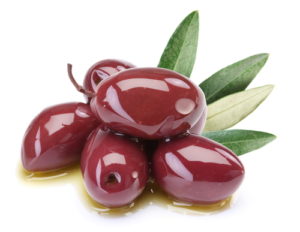
According to Professor Shimon Lavee of the Hebrew University’s Robert H. Smith Institute of Plant Science and Genetics in Agriculture, certain markers located in the genetic makeup of species of olives will give scientists a better idea of what it will take to make fruits more resistant to diseases and ultimately taste better. This would be a huge development for olive farmers on an international scale, as many crops throughout Italy, France and Spain have been severely hampered this year because of a disease that has affected a significant percentage of olive tree groves.
However, finding the genetic markers needed to make these improvements is difficult, as we are currently going through a time period of
Scientists are paying particular attention to what are referred to as “organoleptic” properties. These properties refer to any qualities experienced by the senses, like odor, color, feel or taste. When scientists pinpoint the genetic material that affects these qualities, they will be able to perform more effective traditional cross-breeding. Genetic engineering of olives is currently illegal, so that is out of the question for now.
The ultimate goal is to develop a stronger species of olives that does not need as much spraying and pesticide to guard against pests and diseases. The taste of these olives would be enhanced as well, but the disease-resistant aspect is the most important.
We will continue to follow along with the progress of this research in Israel as it could wind up having a large impact on olive tree growers everywhere.
Our Mission
Our mission is to create a partnership between the Evangelical community and the nation of Israel; this partnership will produce employment, income, and revenue for humanitarian aid projects in Israel. We envision the planting of one-million olive trees over the next seven years. This relationship was prophesied in the Bible centuries ago, that the foreigners and strangers (those not of Jewish descent) would help rebuild the walls of Israel and cause the desert to bloom (Isa 35:1). Among other things, this reforestation is an environmental blessing for the entire region. May all who participate in this project be blessed body, soul and spirit; it is time for you to take root in Israel!